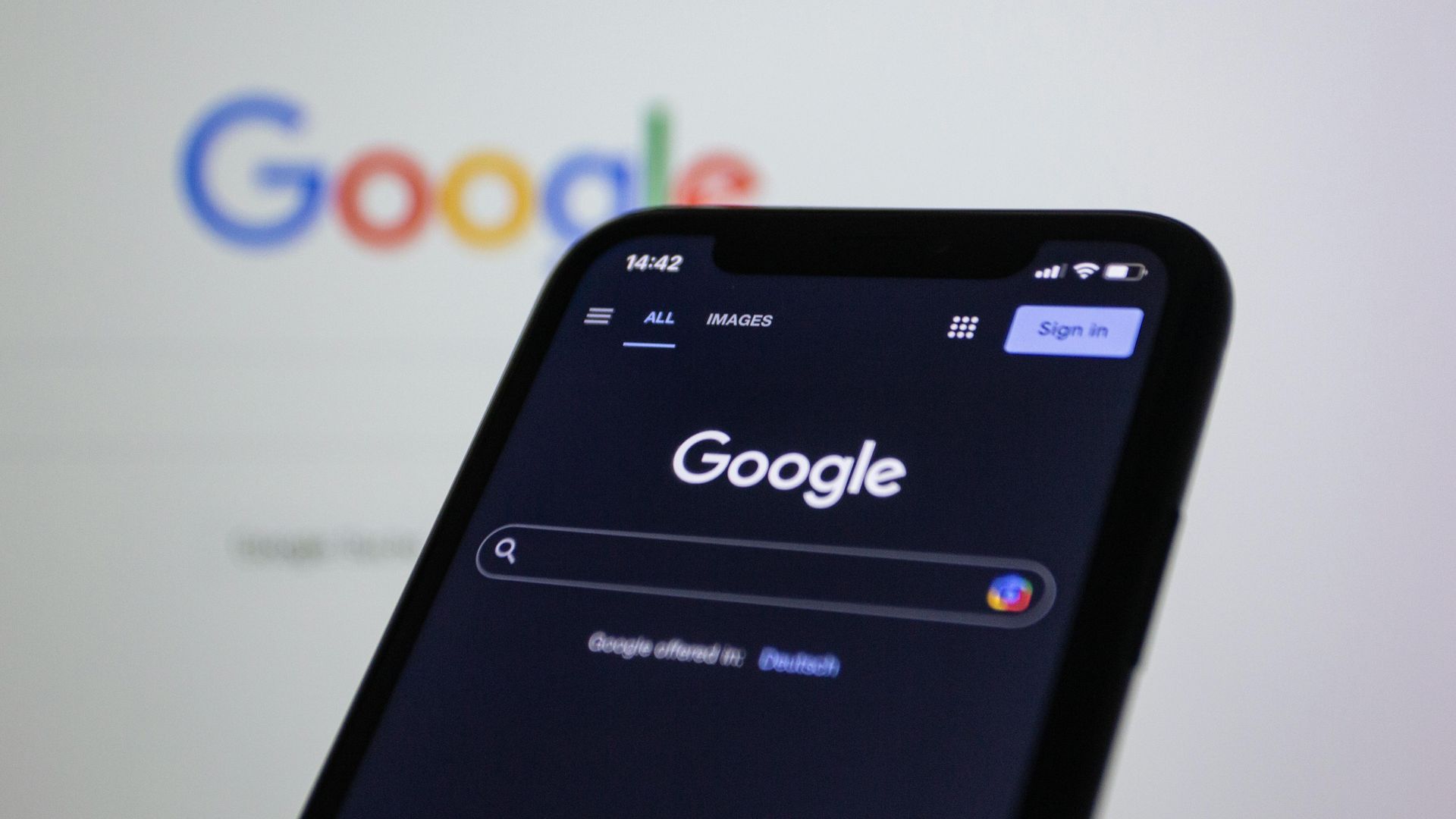Building a Digital Marketing Maintenance Schedule
When you own and operate a physical business location, you create a cleaning and maintenance schedule. You know the importance of a tidy storefront; keeping the floors clean, shelves stocked, and everything smoothly operating helps improve brand image and increase value.
Your small business's digital presence needs different maintenance for similar reasons. Even when you work hard to improve your online presence, it is critical that you maintain it.
Let's discuss some high-level digital maintenance tasks that small business owners can prioritize to keep their content marketing system operations smooth and effective.
Website Updates
Websites run themselves, right?
Wrong.
While a well-designed website can complete many tasks with little to no intervention, regular maintenance and oversite are critical to its overall health and performance. After all, it is still technology, and as we all know, things will eventually break or become outdated.
Each month, small business owners and their teams should check up on all website pages. Click each link, fill out forms, interact with photos and videos, and ensure everything runs as planned.
Consider having someone outside the company review the website every few months and provide suggestions for improving the first-time user experience. While something on the site may seem obvious, it may not be apparent to a new visitor.
eCommerce Store Maintenance
If you are an eCommerce organization, maintaining an online store is a top priority besides your website.
If you're not, these tips can still apply to your website's experience if you use any third-party plugins or services.
Most e-commerce stores offer many options for automating and sending notifications to your team. That said, you'll want to stay vigilant of any bugs or user experience issues.
If you use a third-party online store such as Shopify, Salesforce, etc., you may have customer support available for help if these issues arise. If you have a native store that your team fully manages, you should appoint someone on the team to troubleshoot problems or enlist help from an IT team.
Regarding maintenance recommendations, you may want someone internal or external to test the site every month or so and place a fake order. This practice can ensure the store is running well and give you ideas on improving the online shopping experience.

Online Advertisements
Online ads present unique opportunities and new challenges to small businesses.
In theory, your online ads won't need much maintenance once you create them, set your budget, and let them run.
In practice, however, you'll want to monitor their performance over a set period and make necessary changes. After all, the marketing landscape (and the world in general) is constantly shifting and evolving; a keyword with a high click rate last year may not even crack the top 10 this year.
Many marketers recommend waiting at least a few months before making significant changes to online advertisements (Google itself recommends at least four to six weeks before making any changes).
The first few weeks and months can serve as your baseline metrics for how the ad is performing, and if you make too many changes right off the bat, it can be difficult to tell what sticks in too little time.
Additionally, with the increasing implementation of artificial intelligence (AI), it will take time for the algorithm to learn and analyze your ad to help it with its performance recommendations.
Generally, let your ads run as planned for 2 to 3 months, and then check every few weeks, recording metrics and preparing for necessary changes.
Google Business Profile
While traction on social media, traditional advertising methods, and even old-fashioned word-of-mouth can bring attention to your small business, you are missing out if your business doesn't come up when potential customers perform a Google search.
Like it or not, Google is the top search platform in the world; because of this, your Google Business Profile is arguably just as important as your website.
Your business' Google Business Profile (GBP) needs to be maintained and optimized on a consistent basis.
Some general maintenance you should perform on your GBP includes:
- Updating pictures as needed.
- Adding holiday hours.
- Posting company updates.
- Ensuring all links redirect to their intended destination.
A good rule of thumb is to check your GBP once a month or at least once a quarter (our recommendation is a basic check and post once a week).
That said, Google reviews also appear under your GBP, and those require more frequent maintenance, as we'll cover next.
Online Reviews
Online reviews can make or break a small business.
If there's any automation you set up regarding your company's online presence, let it be an automation that notifies you when there's a new review about your business.
If you choose not to automate, check your online reviews at least once a week (we recommend once daily).
Trolls will leave fake reviews, customers who had a negative experience may twist the facts of what happened, or anxious customers may even ask a question with a review. You'll want to stay on top of these situations, respond promptly, and report spam to the platform.
Social Media
Social media maintenance tasks will inevitably vary depending on your business, budget, platforms you post on, and your team's capabilities.
Your social media accounts should contain the correct business information (such as hours, phone number, website, etc.) at the bare minimum.
If you can post once a week, that is a solid place to start. If you want to grow quickly, a few times a week could be worth it.
Keeping up with comments and mentions is also essential. Unfortunately, small businesses on social media are often the target of scams or spam posts, so it's critical to check at least once a week or set automation that will notify a team member of any new comments, mentions, or private messages that come through.

Email Blasts
Email blasts are instrumental in growing and retaining your customer/client base. No matter your marketing strategy, regular email blasts are essential for building traction in your marketing system.
What does "regular" look like?
For many small businesses, sending monthly email blasts to your customers and prospects containing any important announcements and the latest resources and content you've created is all that is needed.
If you have a higher budget or larger marketing team, consider sending out email blasts as frequently as weekly. Any more than weekly isn't recommended for small businesses, as you don't want to give your audience inbox fatigue.
That said, there are always exceptions to the rule.
Special events and promotions are two examples of when you can break this rule to remind everyone of an upcoming event or during a specific sale period.
Work With Cole-Dalton Marketing Services
We hope this guide gives you a baseline for creating a digital maintenance routine for your small business's digital portfolio!
Ultimately, these are only suggestions, and each company needs to make its own choices for managing its online presence. As we move into the new year, small businesses with a well-managed digital identity will continue to stand out in the market over those that neglect these tasks.
Our Cole-Dalton Marketing Services team aims to help small businesses succeed. We focus on marketing management services so you can focus on your business's core.
Need help setting up or managing your online portfolio? Check out our capabilities and marketing systems here, and let's get in touch to take your business to the next level!









